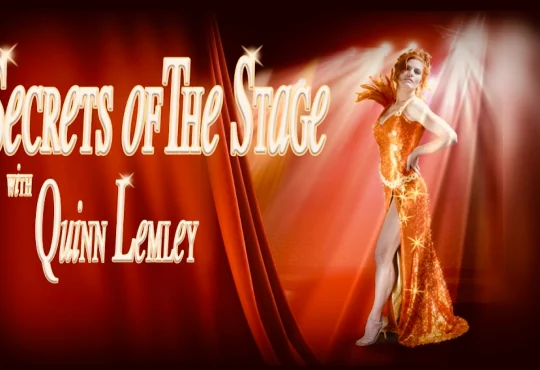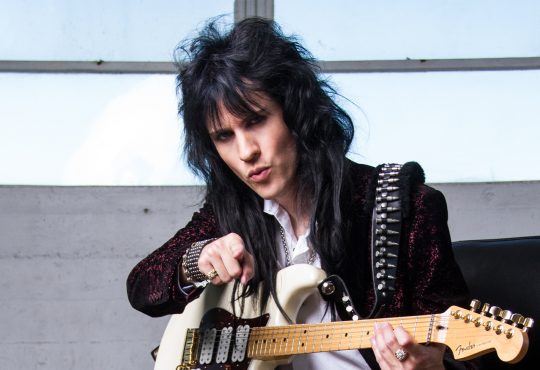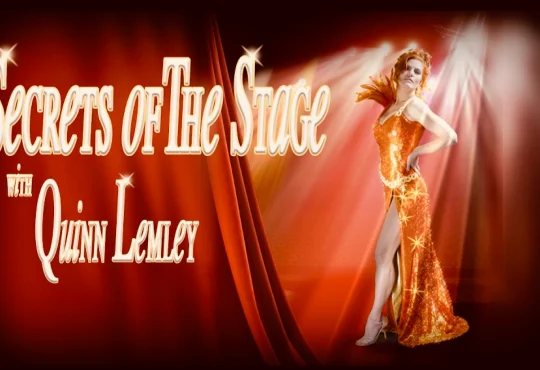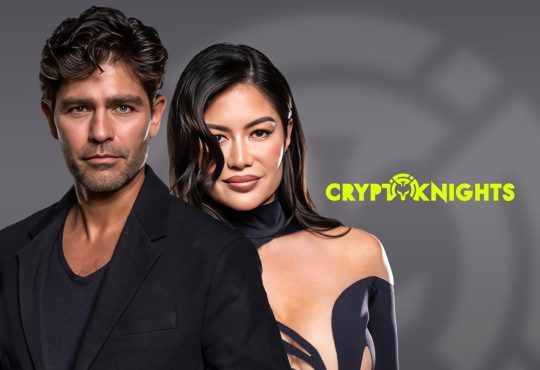‘The Rolling Stone Interview: Special Edition’ With Pose Co-Creator Steven Canals
Steven Canals, the co-creator of FX’s award-winning drama Pose, has already changed lives. The groundbreaking series on New York City’s ballroom scene in the 1980s and Nineties has the largest LGBTQ cast in television history, earned Billy Porter an Emmy for best actor in a drama, and has trans and people of color as writers and producers.
More than a TV show, it’s also a form of advocacy for trans, queer voices, Latinx, black and marginalized people. For the Rolling Stone Interview: Special Edition, we spoke with Steven Canals about the third (and final) season of Pose, queer representation in Hollywood, and what LGBTQ Pride means in 2021.
On what it means to represent the lives of queer and trans people of color in Harlem and the Bronx in the 1980s and 1990s
“We were the unseen, the unheard, the overlooked. You know, the the first place that I go to when I think about my community, my people, and more specifically, being a product of the Bronx in the 1980s, I think about Ronald Reagan, who when he was running for president, his one and only time, in his eight years as our president that he ever visited the Bronx was right when he was first running. There’s video, you can actually find it on YouTube where he’s talking to a black woman in the midst of all of this decay and rubble. And she’s asking him, pleading really with him to help and saying, like, ‘What interventions are you going to create? How are you going to help us in this community?’ And he says, the only way that I can help is if you vote for me. And then, he was voted in to the White House, and he did absolutely nothing for us. So I’m a product of that environment. You know, I grew up poor and housing projects. I remember walking through, you know, the the Bronx of the Eighties, which was being eviscerated by the crack epidemic where we were still dealing with all of the burnt-out buildings, you know, as a result of of fraudulent fires that took place in the 1970s in New York.
“So it was really critically important to me through Pose to shine a light on the community that was left behind, all the people who managed to forge a way out of no way; the people who are still there, who are still trying to find a way. Who are still solely surviving, you know, and as someone who made it out of that environment and now thriving, it just feels really critically important to me to shine a light on the community, to say: ‘This is what you did to us then. And and there are still folks who are living in that environment now, and they still need support and they still need to be seen.”
On how Ryan Murphy helped elevate this story — a group of new creative voices — and get it made at FX.
“Ryan Murphy, very early on, decided that Pose would be an opportunity to elevate individuals who often haven’t had a seat at the table. And to Ryan’s credit, the thing that he did is not just invite folks like myself — like Janet Mock, like Our Lady J — to have a seat at his table, but he also shared all of the tools that he used to create his table. He really gave us the knowledge so that we can now go off and create our own tables. And that, to me, is such an incredible blessing. You know, I always say I went through the Ryan Murphy School of how to produce television, and that happened very quickly.
“Ryan always had me at his — typically, I sat to the right of him, occasionally to the left — but he always had a seat right next to him, I would always say pull up a seat, you know, and then I would just sit next to him. And I was a sponge, know, I was absorbing all of that information. And it wasn’t a conversation that we had. It wasn’t like he said, ‘You know, this is what mentoring looks like. It wasn’t like he said, you know, I want you to pay attention because that’s what it really was. Just pull up a seat next to me. You know, you’re the co creator of the show, so you need to be part of these conversations. Part of these. Really important meetings that we’re having in every aspect of the television show from, you know, discussing budget to having conversations with the network about notes to the story, having conversations with the heads of the departments. So, you know, I was just present for all of it.”
On the power of LGBTQ Pride even amid the criticism and conversation about whether it’s a protest or a party.
“That’s the thing about about Pride is like, you know, I always I struggle because I get it, right? Like, I’ve seen — and I’m sure you’ve seen — all the memes, as well. It’s like, you know, I get all the corporations are slapping rainbows on everything and, you know, it’s all — everything’s rooted in capitalism! I get it. You know, the almighty dollar rules and — with that said — I’m not going to knock the importance of how incredible it is to be in community with your people; how incredibly important it is for all of us to be connected in that way. It’s kind of the only time — unless you’re frequenting gay bars, which has been really hard in the midst of this global pandemic — where we haven’t been able to commune with each other. It’s like it’s really lovely and beautiful to just be around your people.”
To watch other interviews, performances and videos with your favorite artists and creators, visit Rolling Stone’s YouTube page.







